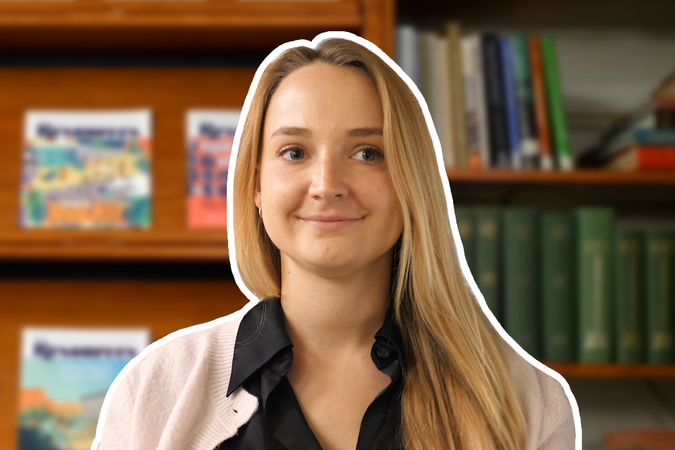RFF Researchers Awarded 2006 Petry Prize
RFF Researchers Awarded 2006 Petry Prize for the Economics of Climate Change
January 5, 2007
WASHINGTON, D.C.-- Richard Newell and William Pizer have been awarded the Petry Research Prize for the Economics of Climate Change, given by the Association of Environmental and Resource Economists (AERE). The award, which carries a $7,500 cash prize, will be presented tomorrow at the annual AERE meeting in Chicago.
|
Resources for the Future scholars Newell and Pizer are the first recipients of the prize, which is sponsored by Dr. Glen Petry to encourage and recognize international research on the economic consequences of increased atmospheric concentrations of greenhouse gases. The award recognizes their paper “Discounting the Distant Future: How Much Do Uncertain Rates Increase Valuations?” published in the Journal of Environmental Economics and Management in July 2003. In their paper, the authors note that the rate at which the future impacts of climate change are discounted in benefit-cost analysis has a very large influence on the present value of mitigation efforts. The study asserts that acknowledging uncertainty about future interest rates leads to a higher valuation of the future benefits of reducing greenhouse gas emissions today--regardless of the initial rate one chooses. By ignoring this uncertainty, they conclude, current approaches used in economic modeling may consistently undervalue the future benefits of today’s climate change mitigation efforts. However, including the effect of interest rate uncertainty in climate models almost doubles the value of mitigation efforts relative to conventional discounting at a constant rate. |
| |
|
|
“Global warming threatens the economic stability of the world,” stated Dr. Petry. “Through this award, I want to bring emphasis to the important economic work that is being done to show just how serious this thread is. This work by Pizer and Newell does just that.” Judges noted the paper provides a clearly superior alternative to conventional economic approaches, and that Newell and Pizer demonstrate that while the conventional approach works reasonably well over medium time horizons, it breaks down over very long time scales. The judges believe that Newell and Pizer’s work will be especially useful for policymakers as they seek to balance near-term mitigation costs with long-term economic and environmental benefits. Newell is the Gendell Associate Professor of Energy and Environmental Economics at Duke University’s Nicholas School of the Environment and Earth Sciences and a University Fellow at RFF. He recently served on the President’s Council of Economic Advisers as senior economist for energy, environment, and resources. His research centers on evaluating the cost and effectiveness of alternative policies and energy technologies in reducing greenhouse gas emissions and meeting other energy and environmental goals. He is on the National Academy of Sciences (NAS) committee designing an innovation inducement prize and the NAS committee evaluating the future benefits of energy R&D. |
|
Pizer is a senior fellow at RFF and a senior economist at the National Commission on Energy Policy. During 2001-2002, he served as a senior economist at the President’s Council on Economic Advisers, where he worked on environment and climate change issues. He recently testified before the House Energy and Commerce Committee on the economic and environmental implications of CAFE standards. |
| |
Petry is professor emeritus of finance at Washington State University. He received his Ph.D. from the University of Colorado in 1974 and now lives in Bend, Oregon. He has had a life-long interest in the outdoors and environmental issues.
The authors were supported in their research by RFF and the Pew Center on Global Climate Change.
***
Resources for the Future, an independent and nonpartisan Washington, D.C., think-tank, seeks to improve environmental and natural resource policymaking worldwide through objective social science research of the highest caliber.
Resources for the Future (RFF) is an independent, nonprofit research institution in Washington, DC. Its mission is to improve environmental, energy, and natural resource decisions through impartial economic research and policy engagement. RFF is committed to being the most widely trusted source of research insights and policy solutions leading to a healthy environment and a thriving economy.
Unless otherwise stated, the views expressed here are those of the individual authors and may differ from those of other RFF experts, its officers, or its directors. RFF does not take positions on specific legislative proposals.
For more information, please see our media resources page or contact Media Relations and Communications Manager Annie Tastet.






